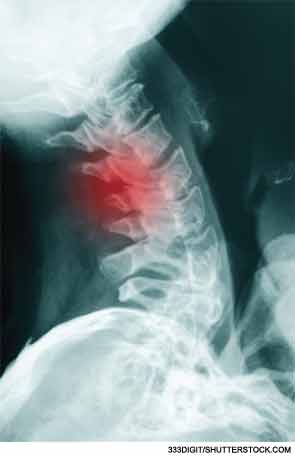
The sharp rise in HPV-related cancers—now a leading cause of head and neck tumors—has added another big wrinkle to post-treatment surveillance. Such cancers respond well to treatment and are not associated with either smoking or drinking. That means patients don’t carry the traditional risk factors for a second primary tumor and may not need to be screened at all after the first post-treatment scan, said Dr. Gourin.
Explore This Issue
September 2013Mike Yao, MD, clinical associate professor of otolaryngology at New York Medical College in Valhalla, sees HPV-related head and neck cancer as fertile ground for further research on the utility of PET/CT surveillance. “There probably needs to be specific studies on specific patient groups, and that’s one group that I would guess is not going to pan out,” he said. As part of its research repertoire, in fact, the University of Pittsburgh Medical Center is conducting a study addressing the possibility of de-escalating PET/CT in patients with HPV-related cancer. Dr. Branstetter said individualizing testing protocols based on physical and radiologic examinations, HPV status and other factors will help doctors “get the best bang for the buck, because these are expensive tests and we don’t want to be overutilizing, the way we are now.”
A separate study at the university is investigating whether there’s any scientific validity to waiting three months for the first post-treatment imaging test; “We argue that two months may be the optimum time,” Dr. Branstetter said. Clinicians there are also comparing the efficacy of PET/CT to CT alone in a randomized controlled trial.
Inconsistent methods and variable physician skill levels, however, can contribute to high false positive rates and complicate meta-analyses or direct comparisons among different medical institutions. “The bottom line is that I think there is a significant amount of geographic variation,” said Dr. Funk. “And I think it is very much dependent upon the quality of the PET/CT scans, the quality of the interpretation and the ability of the ordering physicians to speak directly to a knowledgeable nuclear medicine physician about the interpretation.”
Leave a Reply